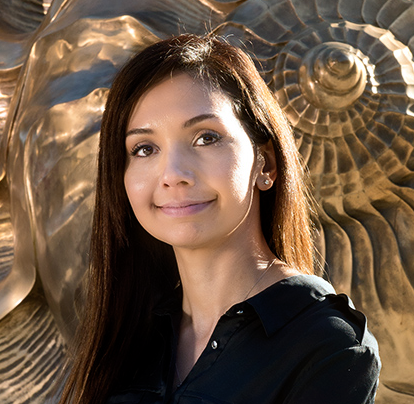Climate Change and Cancer
About This Video
Climate change impacts each step of the cancer control continuum, from cancer prevention to survivorship care. First, climate change alters the frequency and behavior of extreme weather events making it harder for communities to prepare and respond to increasingly unpredictable circumstances. Climate-driven extreme weather events can damage medical infrastructure, disrupt transportation (of patients, medical supplies, and personnel) and lead to disruptions in access to cancer treatment. Second, due to the physical, psychological, and socioeconomic consequences of cancer diagnosis and treatment, an especially vulnerable population to the hazards of climate change. Finally, our continuous reliance on fossil fuels is a shared cause of climate change and increased exposure to carcinogens. The same air pollution that is driving the greenhouse effect also increases lung cancer risk, and several different carcinogens are released in surrounding communities during fossil fuel extraction, processing, transportation, and waste management. Understanding the connections between climate change and cancer is important for inform solutions that address both environmental and public health.
In This Video

Scientific Director, American Cancer Society
Leticia Nogueira, PhD, MPH, is a Scientific Director of Health Services research at the Surveillance and Health Equity Sciences Department at the American Cancer Society. Dr. Nogueira’s research focuses on cancer disparities that can be addressed through policy changes, especially those related to climate change and structural racism. She also holds an Adjunct Professor position at the Rollins School of Public Health at Emory University.
In 2023, she was selected as one of the inaugural NIH Climate Change and Health Scholars. Earlier in her career she received the Fellows Award for Research Excellence from the National Institutes of Health (NIH), the Woman in Cancer Research and the Minority Scholar in Cancer Research Awards from the American Association for Cancer Research (AACR). More recently, she was inducted into the Hall of Honors at the University of Texas at Austin, where she serves on the Dean’s Advisory Council and was also awarded the Outstanding Young Alumni Award.
Dr. Nogueira earned her PhD in molecular biology from the University of Texas at Austin and her MPH in Quantitative Methods from the Harvard School of Public Health.

